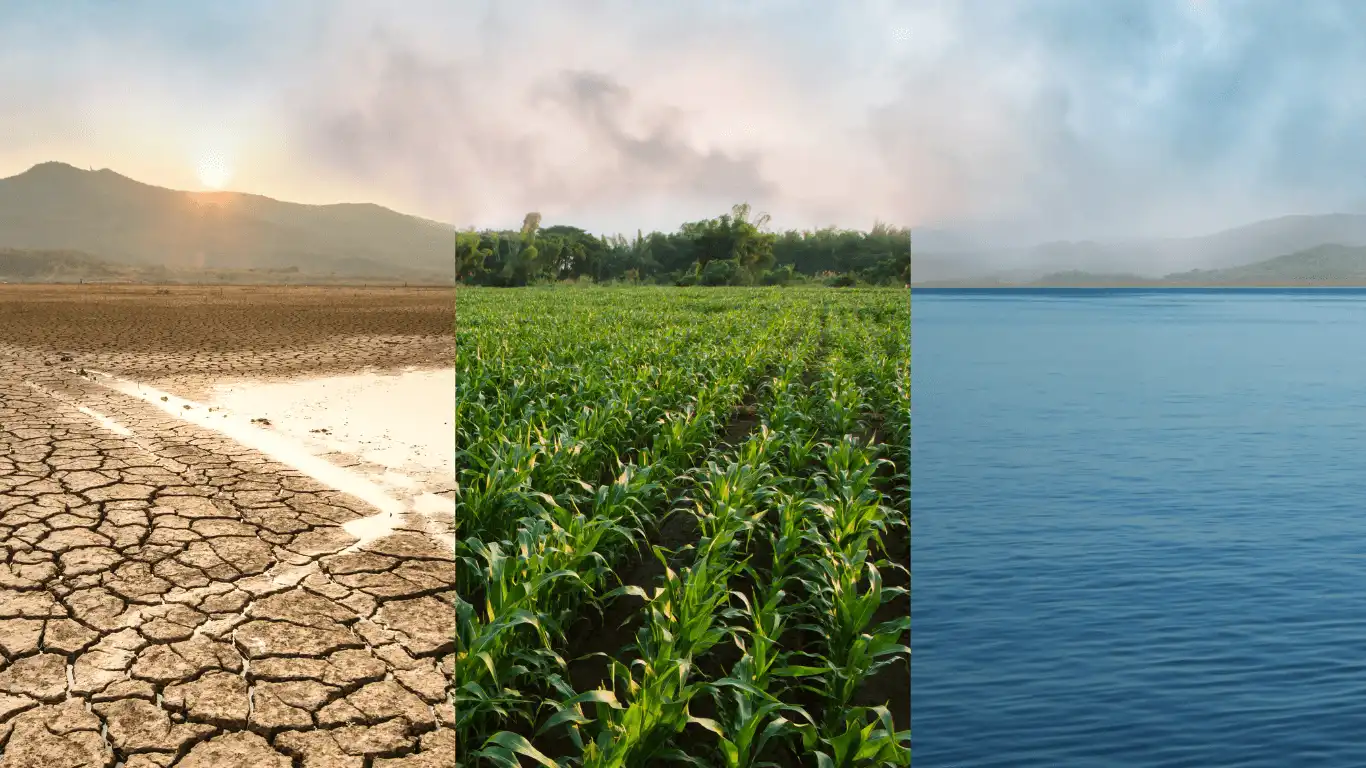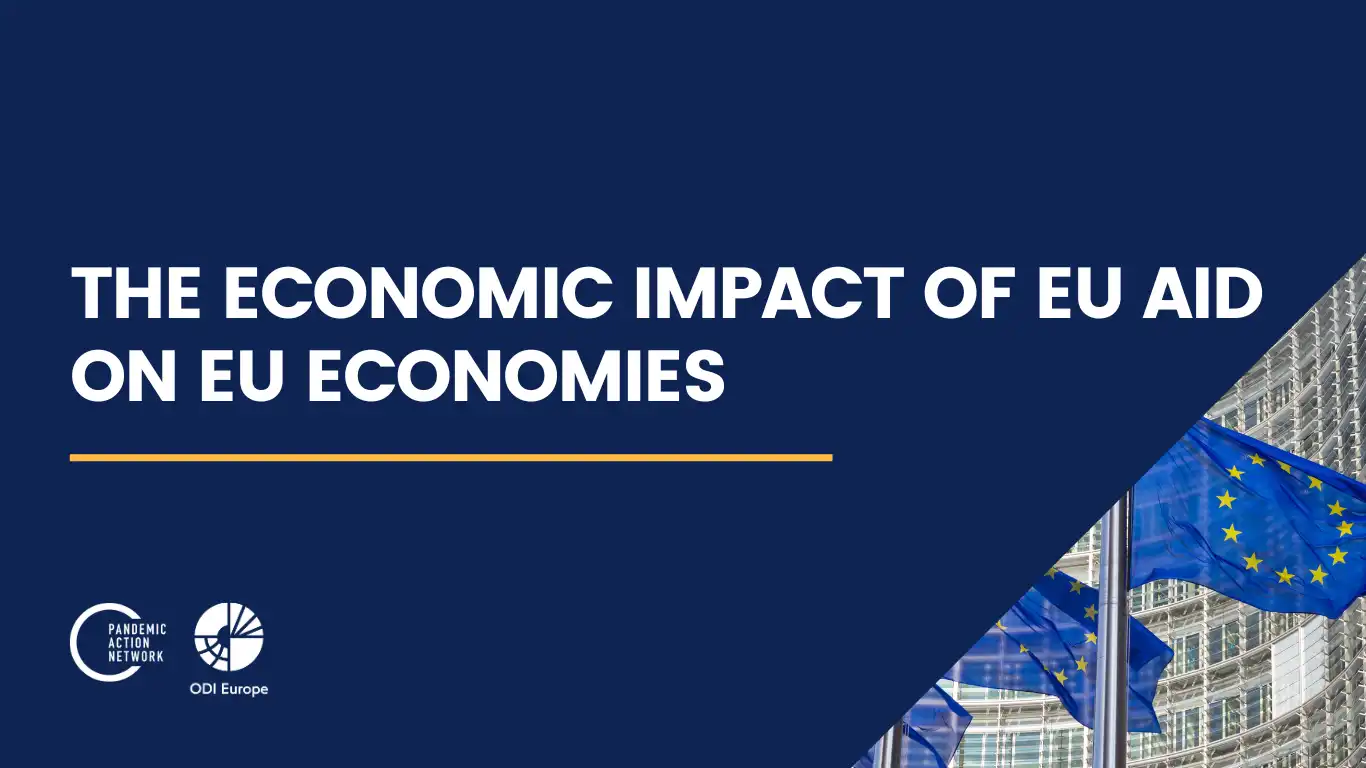Climate change and pandemic preparedness are the two stated priorities for the Resilience and Sustainability Trust (RST), established by the International Monetary Fund (IMF) in April 2022 to provide longer-term, affordable financing for low- and middle-income countries (LMICs) to address long-term structural challenges. The IMF reported that the RST had received pledges amounting to US$41.1 billion (SDR 31.2 billion) with 40 countries expressing interest in financing, eight countries already benefiting, and two awaiting approval. Given the high country demand, IMF Managing Director Kristalina Georgieva announced in June 2023 plans to expand the total RST envelope by another 50% to reach US$60 billion.
However, as noted in recent months, none of the RST loans approved focus on pandemic preparedness, as the trust has been presented to both contributing and borrowing governments almost exclusively as a climate fund. The RST represents a significant potential source of additional financing for pandemic preparedness too, and proactive steps should be taken now to ensure it is maximized.
Produced in partnership with E3G, Global Citizen, ONE Campaign, and Pandemic Action Network, the working document Scaling Up Pandemic Prevention, Preparedness & Response through the International Monetary Fund’s Resilience and Sustainability Trust (RST) provides recommendations on how the trust can be leveraged to prevent the next pandemic.
Read the working document.
To collaborate on these issues further and to discuss the working document, please contact Isabelle De Lichtervelde.



